How to Survive at Sea and Different Natural Disasters
How to Survive Natural Disasters. No one in the world is 100% safe from natural disasters, and you should know exactly how to save your own life and help others in case you find yourself in a critical situation. Pay attention to the right course of action that will help you to survive and assist those around you. Here are some recommendations about what to do and what not to do in critical situations. How to survive an earthquake 2:11 If an earthquake finds you inside, fall to the floor and use anything nearby that is sturdy and strong: a desk, a bed, or a table as a cover. If there's nothing nearby, crouch in an inside corner of the building. Protect your head with your arms. DO NOT go outside. You’re safer inside the building. DO NOT hide under doorways. It’s not safe. Stay inside until you feel the shaking stop. If you are outdoors, stay clear of buildings, utility wires, streetlights, and other objects that may fall. If you're driving, stop the car immediately, but don't leave it. If you are trapped under debris, don't panic, and don't try to get out on your own. Wait for help. How to survive a tornado 5:28 If you're inside when tornado hits, immediately stop whatever you are doing. Find a shelter. If you can't reach an underground shelter, go down to the basement. If you can't get underground, find a room without windows. It should be the closest to the center of the house and on the lowest floor available. Wherever you are, lie down or crouch on the ground with your face turned down. Cover your head with your arms. How to survive a tsunami 7:34 The first thing you need to do in case of tsunami is move as far away from the shore as possible. Find higher ground. It's best if you can get as high up as 100 ft above sea level. If you live in an area that can be affected by a tsunami, plan an evacuation route. This will help you in a critical situation. How to survive a hurricane 8:20 When you hear an announcement about an approaching hurricane, follow the instructions from the authorities. When the hurricane approaches, stay clear of glass doors and windows. Whatever the reason, DO NOT go outside. Even if you think that the hurricane has passed, stay inside until the authorities confirm that it's safe to leave buildings. After the hurricane is over, DO NOT drink tap water. It may be contaminated with bacteria. TIMESTAMPS Rip current 0:52 Earthquake 2:11 Tornado 5:28 Tsunami 7:34 Hurricane 8:20 SUMMARY -Your primary goal is to get back to calm waters. You should NOT try to swim against a rip current. Try to stay calm and persuade yourself that you have the situation under control. -If you’re inside, fall to the floor and find cover. Stay away from windows, glass objects, outside walls and doors. If an earthquake gets you outside, stay clear of buildings, utility wires, streetlights, and other objects that may fall. -When a tornado hits, find a shelter immediately. If you can't get underground, find a room without windows. If you're driving when you hear a tornado warning, try to get to the nearest building as quickly as you can. -In case of tsunami, move as far away from the shore as possible. Find higher ground. Don’t use tall buildings and high trees to seek shelter from a tsunami. -As soon as you hear a hurricane warning, fill all containers in your home (including bathtubs) with water. When the hurricane approaches, stay clear of glass doors and windows. Subscribe to Bright Side : https://goo.gl/rQTJZz ---------------------------------------------------------------------------------------- Our Social Media: Facebook: https://www.facebook.com/brightside/ Instagram: https://www.instagram.com/brightgram/ 5-Minute Crafts Youtube: https://www.goo.gl/8JVmuC ---------------------------------------------------------------------------------------- For more videos and articles visit: http://www.brightside.me/

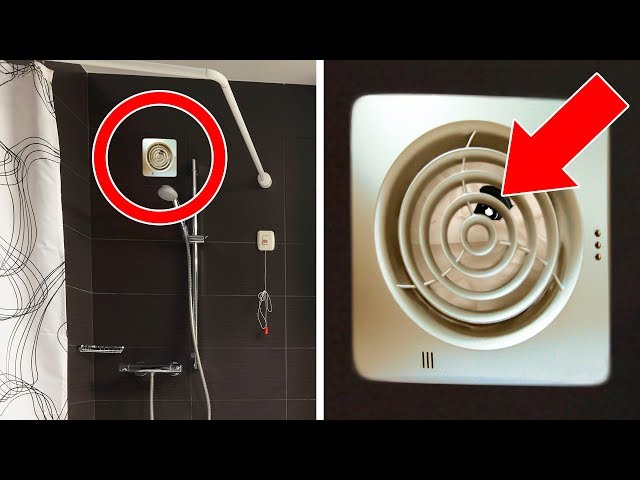
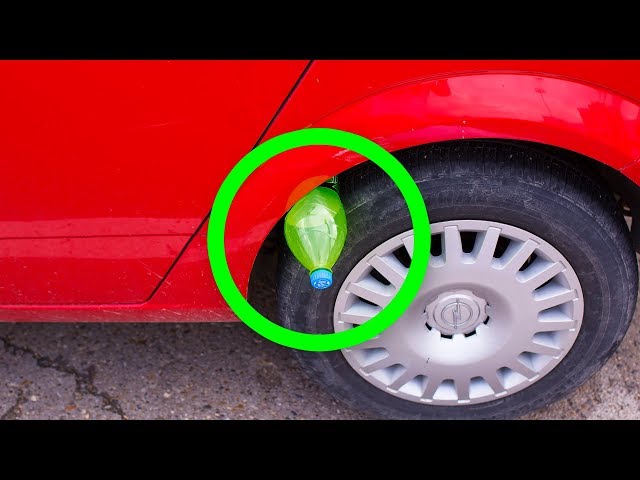
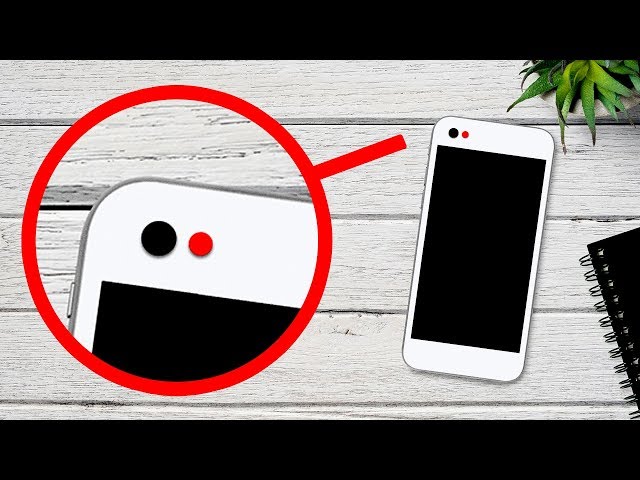
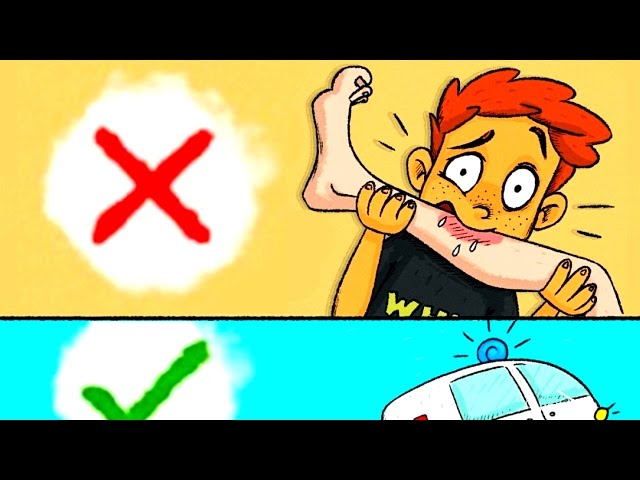
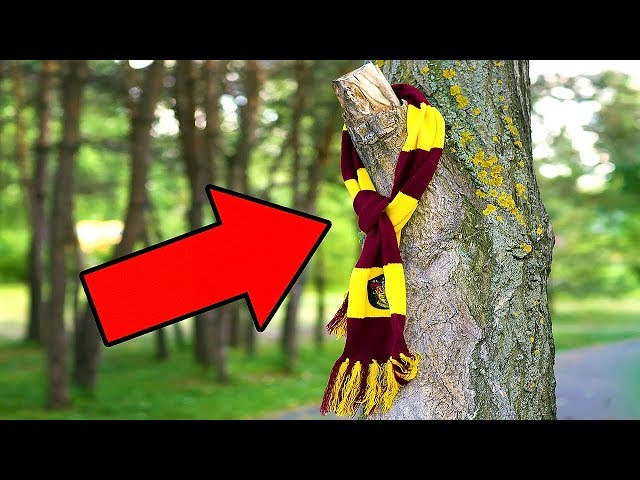



![CAT VIDEOS ★ FUNNY Cat Videos (HD) [Funny Pets]](https://i.ytimg.com/vi/Yt73dFJV_RM/hqdefault.jpg)

![Matoma & Enrique Iglesias – I Don't Dance (Without You) [feat. Konshens] [Official Lyric Video]](http://totallyfunplace.com/uploads/images/_D1rrdFcj1U.jpg)






